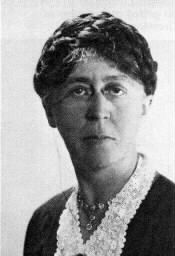“The essence of society is difference, related difference.”
Fuente: The New State, 1918, p. 33
Contexto: We see now that the process of the many becoming one is not a metaphysical or mystical idea; psychological analysis shows us how we can at the same moment be the self and the other, it shows how we can be forever apart and forever united. It is by the group process that the transfiguration of the external into the spiritual takes place, that is, that what seems a series becomes a whole. The essence of society is difference, related difference. "Give me your difference" is the cry of society to-day to every man.
